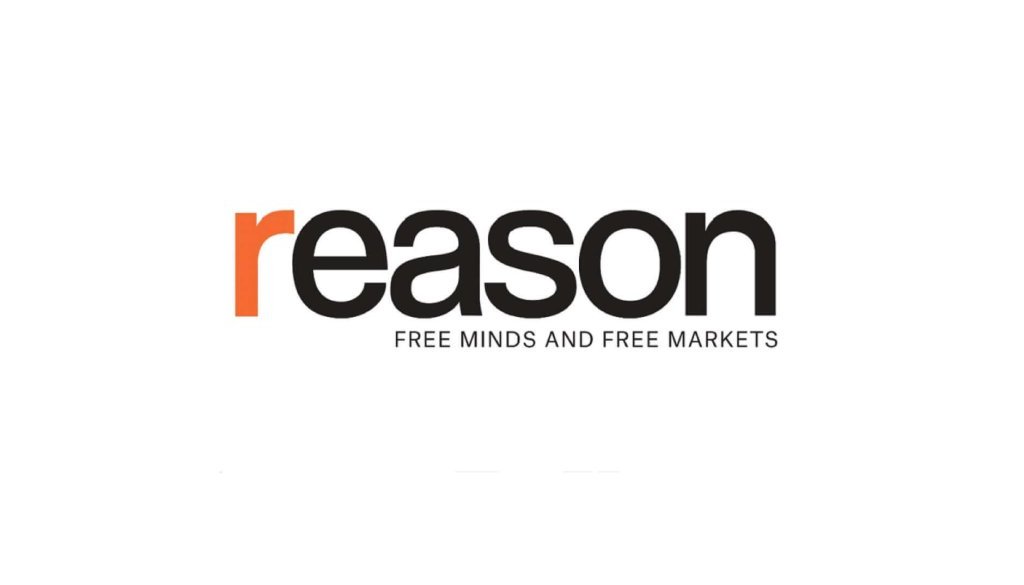How Exclusionary Zoning Increases Homelessness
Homelessness has been in the news a great deal lately, and become a major focus of public debate. I’ve written previously about how homelessness is greatly exacerbated by exclusionary zoning rules and other restrictions that make it difficult or impossible to build new housing in response to demand. Much evidence indicates that the expansion of homelessness in recent years is primarily a problem of housing availability, rather than increasing incidence of social problems like mental illness, alcoholism, or drug abuse.
A new draft paper by Mercatus Center housing expert Salim Furth has a helpful discussion of how exclusionary zoning exacerbates homelessness. It does so by making it difficult for marginally homeless people to find housing with friends and relatives, which many could otherwise do even if they could not afford housing on their own:
In the United States, the primary definition of homelessness includes those who sleep outdoors or in a tent, car, or recreational vehicle, or who are in a homeless shelter or transitional housing provided by a homeless services agency. This often differs from the colloquial use of the phrase, which connotes a vivid human portrait: a person who has lived on the street or in shelters for a long time, who spends his days begging or loafing, who likely suffers indignities, abuses, ill health, and toilet insecurity, and likely has mental illness, a drug addiction, or both.
In truth, many of the people who a passerby might call homeless aren’t homeless at all – they spend their nights in a home (perhaps an imperfect one) while spending their days in public. And many of the homeless are undetectable as such in daily life.
The American cities with the highest housing prices have the worst homelessness problems. YIMBY (Yes in My Backyard) advocates highlight this correlation to argue for policies that increase housing supply. But, when you think about it a bit, it’s not clear exactly how high rent contributes to homelessness. It’s not like $800 per month apartments are any more affordable to most homeless people than $1,000 per month apartments. And homelessness is frequently associated with mental health or drug abuse problems. This is why no
Article from Reason.com

The Reason Magazine website is a go-to destination for libertarians seeking cogent analysis, investigative reporting, and thought-provoking commentary. Championing the principles of individual freedom, limited government, and free markets, the site offers a diverse range of articles, videos, and podcasts that challenge conventional wisdom and advocate for libertarian solutions. Whether you’re interested in politics, culture, or technology, Reason provides a unique lens that prioritizes liberty and rational discourse. It’s an essential resource for those who value critical thinking and nuanced debate in the pursuit of a freer society.




